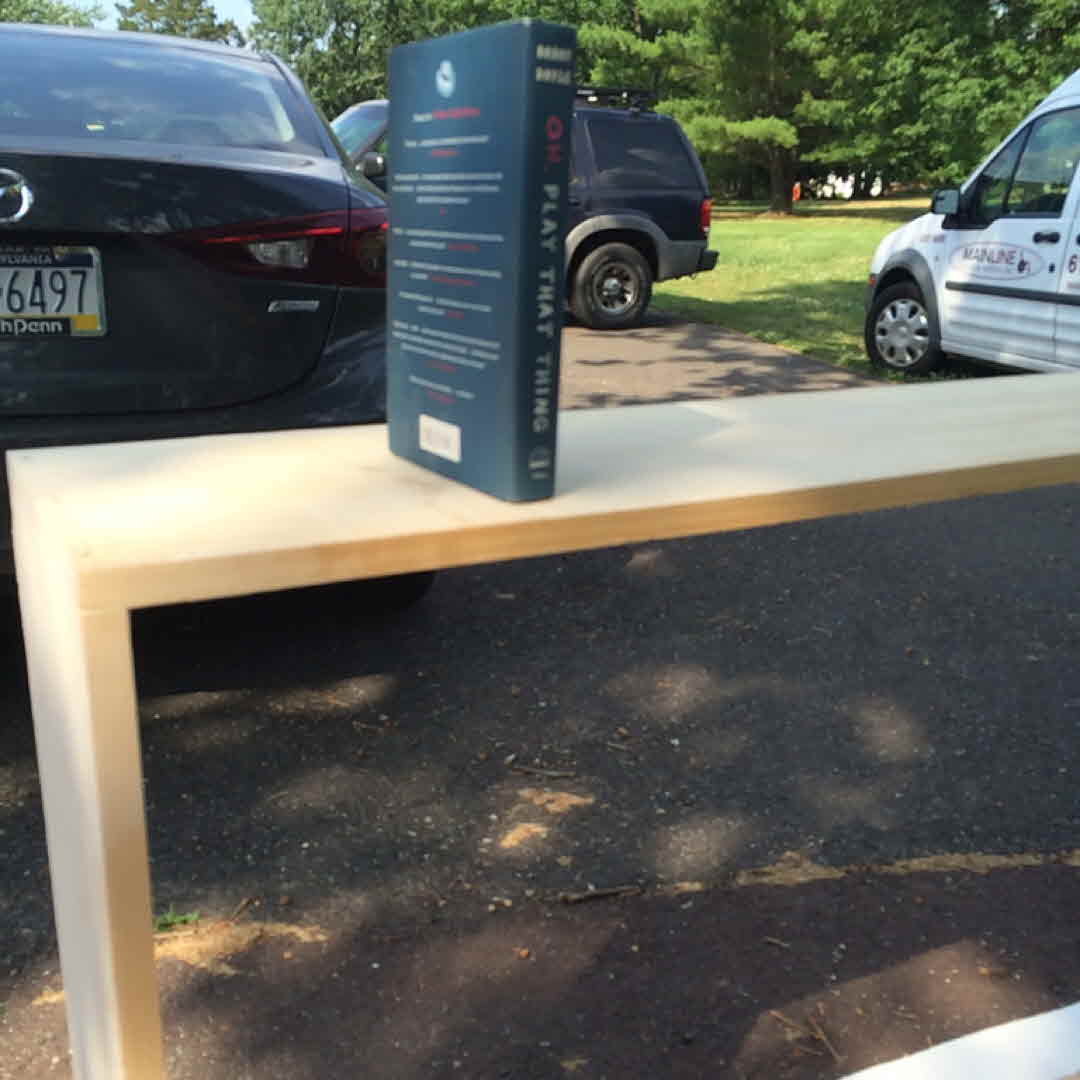Oh, Play That Thing | Roddy Doyle
Roddy Doyle�s last novel, A Star Called Henry, was chosen by the The New York Times Book Review as one of the eleven Best Books of the Year; The Washington Post said it was �not only Doyle�s best novel yet; it is a masterpiece, an extraordinarily entertaining epic.� Now Doyle, author of six bestselling novels, twice nominated for the Booker Prize and once a winner, turns his protagonist Henry Smart�s rich observation and linguistic acrobatics loose on America, in an energetic saga full of epic adventures, breathless escapes, and star-crossed love. Publishers Weekly says �Doyle just gets better and better.� Our Irish hero arrives in New York in 1924 to bury himself in the teeming city and start a new life; having escaped Dublin after the 1916 Rebellion, Henry Smart is on the run from the Republicans for whom he committed murder and mayhem. Lying to the immigration officer, avoiding Irish eyes that might recognise him, hiding the photograph of himself with his wife because it shows a gun across his lap, he throws his passport into the river and tries to forge a new identity. He charms his way into the noisy, tough Lower East Side, reads to Puerto Rican cigar makers, hauls bottles for a bootlegger and composes ads on sandwich boards, finally setting up his own business with the intention of making his fortune. But he makes enemies along the way among mobsters such as Johnny No and Fast Olaf. Henry hightails it out of Manhattan with a gun at his back and Fast Olaf�s hustler of a half-sister on his arm. This was a time when America was ripe for the picking, however, and a pair of good, strong con artists could have the world at their fingertips. The Depression was sending folks to ride the rails in search of a new life and new hope, and all trains led to Chicago. As Henry�s past tries to catch up with him, he takes off on a journey to the great port, where music is everywhere: wild, happy music played by a man with a trumpet called Louis Armstrong. Armstrong needs a white man, and the man he chooses is Henry Smart. The bestselling A Star Called Henry followed Henry Smart from his birth in 1902 until the age of twenty, by which time he had already had a lifetime�s worth of adventures in his native Ireland. With these books, Doyle was trying in some ways to write a story like Charles Dickens� David Copperfield, starting at the beginning of his life and following him through many years of adventures. To write the new book, he had to research the vanished world of pre-war America. �I went to Chicago, on the south side, to see if any of the old jazz clubs were still around. I was very keen to see what Henry would have seen as he�d stood outside, under the awnings. But all the jazz clubs that were along State Street, they�re all gone; every one of them�s gone. There�s one that�s still standing � it was, originally, The Sunset Cafe, where Louis Armstrong played, but now it�s a hardware store. The Vendome Cinema, where he used to play during the intermissions, is now a parking lot for the local college. That I found upsetting. But on the other hand it was very liberating because in its absence I can invent.� Music, often American soul or blues, is always important in Roddy Doyle�s work, often as escapism for the working-class Dubliners in the Barrytown books. Doyle grew up listening to American music and likes to write while listening to music. For Henry in America, Doyle says, �when he hears this music, he feels he�s being baptized. He�s new. He feels he�s gotten away from Ireland. He�s gotten away from the misery of it all and he�s listening to this glorious celebration.� From the Hardcover edition.
